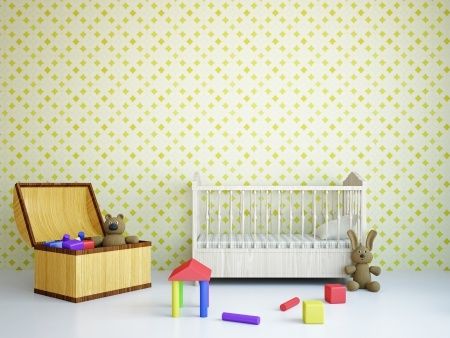
Everyone knows loud sounds can be harmful to one’s hearing even over a short period of time. But what about minor noises that are little more than an irritation? The sound of home appliances humming away may not be irritating, but over time they can have a negative impact. Constant sounds can impact a person’s sleep and overall health, studies have shown. Anything over 85 decibels can harm your hearing, but even household appliances can get into the 50 range, and that can be harmful over time. A study published by the Daily Mail newspaper cited figures from the World Health Organization, that showed 40 percent of the population is exposed often to levels of 55 decibels, which is the same as a noisy office. The study also noted the length of the exposure to the sound is just as important as the level of sound when it comes to a negative impact on one’s health.
The average washing machine can produce 70 decibels, refrigerators are often around 50 and food processors can reach the 90 decibel range. According to the Center for Hearing and Communication, a blender or food processor are probably the loudest of home appliances, registering at about 80 to 90 decibels. Though, some coffee grinders are close with a 70 – 80 db range. Garbage disposals are rated at 95 decibels, but because they are usually not on very long, it is not as noticeable. Vacuum cleaners may seem louder because they are generally on for longer periods, but they register around 70 decibels. A dishwasher can go from 55 to 70 decibels as well. Here’s a quick look at the noise levels for common home appliances:
- refrigerator: 50 db
- electric toothbrush: 50-60 db
- washing machine: 50-75 db
- air conditioner: 50-75 db
- electric shaver: 50-80 db
- hair clippers: 50-75 db
- coffee percolator: 55 db
- dishwasher: 55-75 db
- sewing machine: 60 db
- vacuum cleaner: 60-85 db
- hair dryer: 60-95 db
- power lawn mower: 65-95 db
- alarm clock: 65-80 db
- TV audio: 70 db
- coffee grinder: 70-80 db
- flush toilet: 75-85 db
- pop-up toaster: 80 db
- doorbell: 80 db
- ringing telephone: 80 db
- whistling kettle: 80 db
- food processor: 80-90 db
- blender: 80-90 db
- juicer: 80-90db
- garbage disposal: 80-95 db
- electric drill: 95 db
- leaf blower: 110 db
- chainsaw or hammer on nail: 120 db
While short exposure to these type noises are not very harmful, they do take a toll over time. As we tune them out, we may be damaging our hearing and increasing our stress levels, because our bodies are still picking up the noises whether we are aware of them or not. They can cause sleeping problems, as well as difficulty concentrating and raise the general level of stress.
“We are not always fully aware of how much noise affects us on a daily basis, and we usually only appreciate the difference when those sound disturbances are removed,” said Poppy Elliott, managing director of charity Quiet Mark in an article published by the Daily Mail. “Reducing unnecessary noise from appliances and technology that surround us significantly supports our health and well-being.”
While we cannot eliminate all noise, there are things we can do to manage our exposure. A house with wooden floors, for instance, will seem louder than a room with a carpeted floor because the sound bounces off the wood but is absorbed to some degree by the carpet. Timing can also be important. Avoiding using louder appliances in the evening when you are trying to relax, will reduce the effects of noise on the body. Creating an environment that absorbs sounds can also be helpful, as opposed to creating sounds next to other objects that make sound seem louder.
Many home appliances have ratings on the label, such as a washing machine, that tell what the decibel level will be when it is in use. It is something to consider when deciding which item tp purchase. All appliances make noise, but with some planning we can reduce negative exposure to those noises and minimize any negative impacts they might have on our lives.



